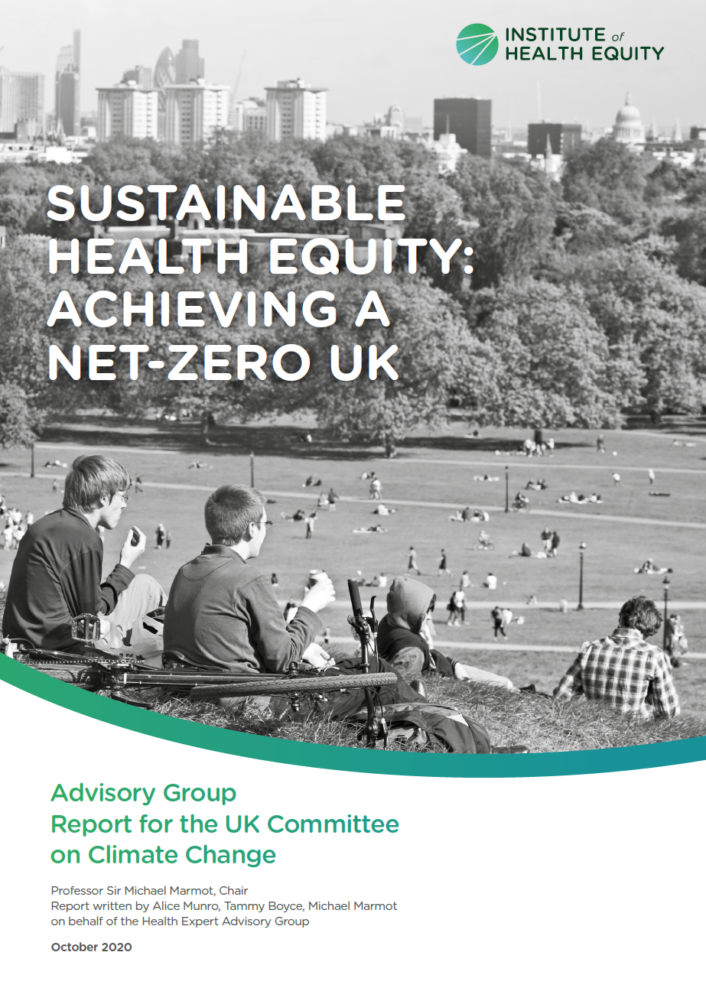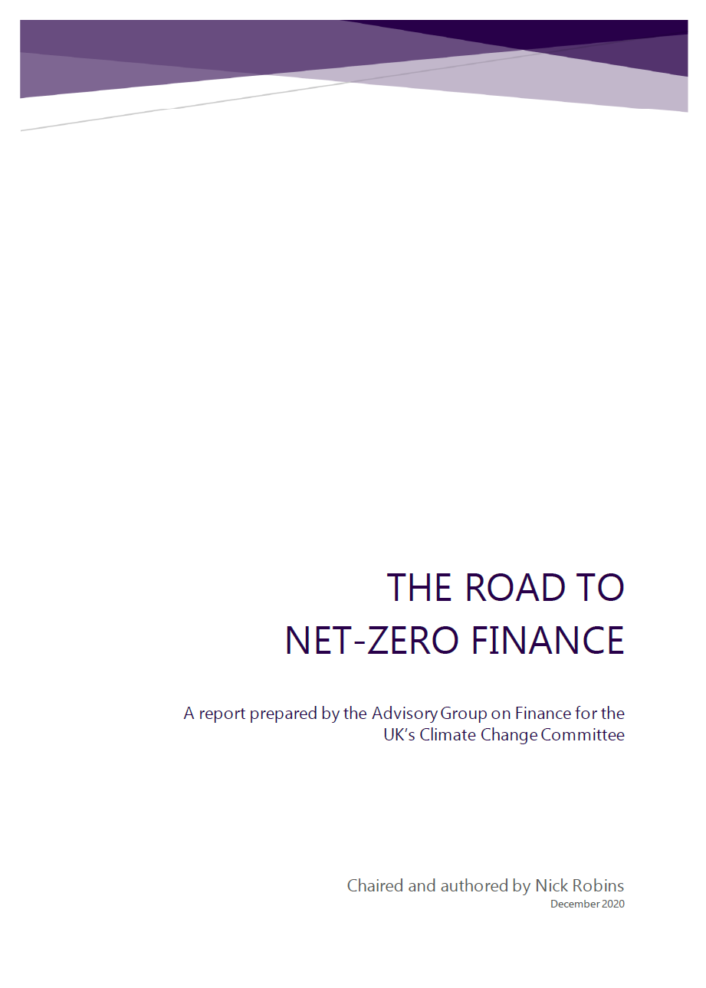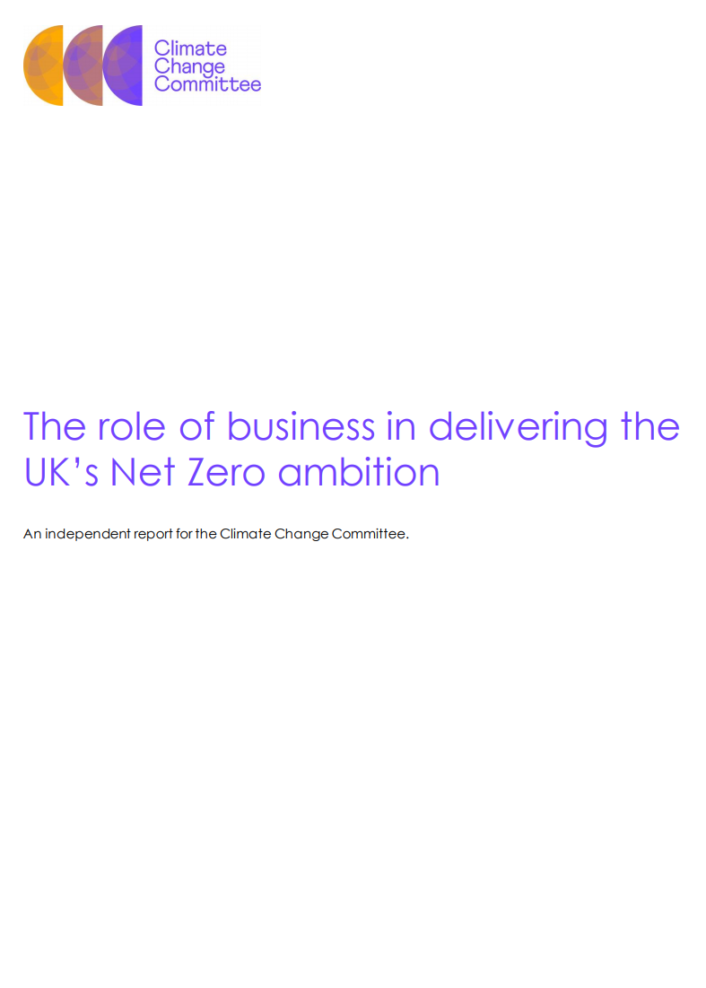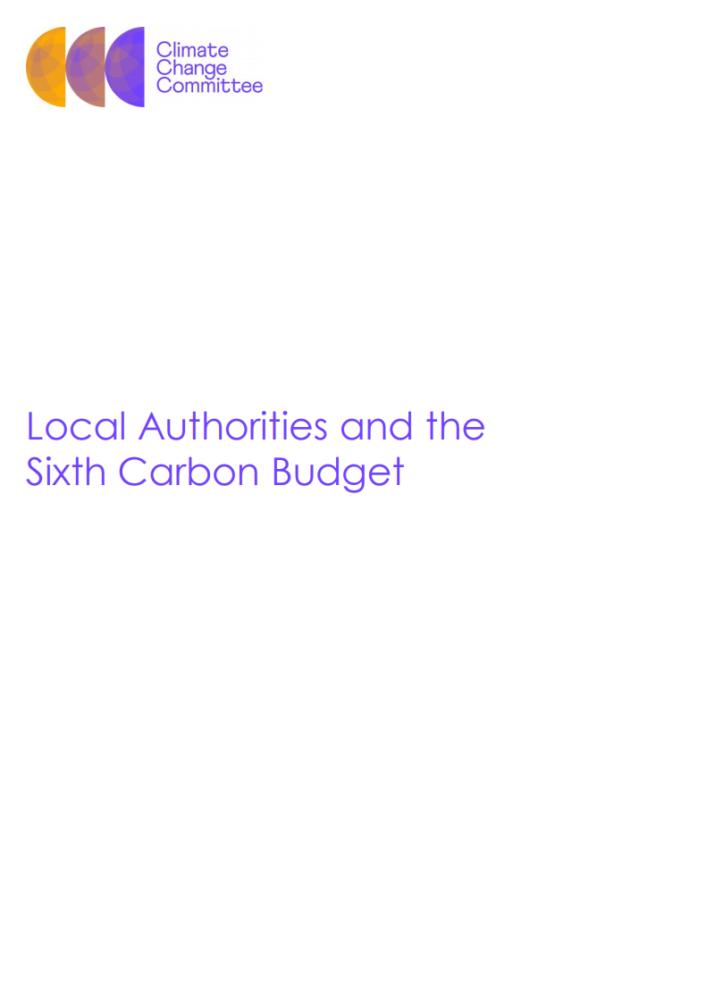Contents
The Sixth Carbon Budget report is based on an extensive programme of analysis, consultation and consideration by the Committee and its staff, building on the evidence published last year for our Net Zero advice. In support of the advice in this report, we have also produced:
- A Methodology Report, setting out the evidence and methodology behind the scenarios.
- A Policy Report, setting out the changes to policy that could drive the changes necessary particularly over the 2020s.
- All the charts and data behind the report, as well as a separate dataset for the Sixth Carbon Budget scenarios, which sets out more details and data on the pathways than can be included in this report.
- A public Call for Evidence, several new research projects, three expert advisory groups and deep dives into the roles of local authorities and businesses.
3. Key recommendations
Our recommended pathway requires a 78% reduction in UK territorial emissions between 1990 and 2035. In effect, bringing forward the UK’s previous 80% target by nearly 15 years.
The Sixth Carbon Budget can be met through four key steps:
- Take up of low-carbon solutions. People and businesses will choose to adopt low-carbon solutions, as high carbon options are progressively phased out. By the early 2030s all new cars and vans and all boiler replacements in homes and other buildings are low-carbon – largely electric. By 2040 all new trucks are low-carbon. UK industry shifts to using renewable electricity or hydrogen instead of fossil fuels, or captures its carbon emissions, storing them safely under the sea.
- Expansion of low-carbon energy supplies. UK electricity production is zero carbon by 2035. Offshore wind becomes the backbone of the whole UK energy system, growing from the Prime Minister’s promised 40GW in 2030 to 100GW or more by 2050. New uses for this clean electricity are found in transport, heating and industry, pushing up electricity demand by a half over the next 15 years, and doubling or even trebling demand by 2050. Low-carbon hydrogen scales-up to be almost as large, in 2050, as electricity production is today. Hydrogen is used as a shipping and transport fuel and in industry, and potentially in some buildings, as a replacement for natural gas for heating.
- Reducing demand for carbon-intensive activities. The UK wastes fewer resources and reduces its reliance on high-carbon goods. Buildings lose less energy through a national programme to improve insulation across the UK. Diets change, reducing our consumption of high-carbon meat and dairy products by 20% by 2030, with further reductions in later years. There are fewer car miles travelled and demand for flights grows more slowly. These changes bring striking positive benefits for health and well-being.
- Land and greenhouse gas removals. There is a transformation in agriculture and the use of farmland while maintaining the same levels of food per head produced today. By 2035, 460,000 hectares of new mixed woodland are planted to remove CO2 and deliver wider environmental benefits. 260,000 hectares of farmland shifts to producing energy crops. Woodland rises from 13% of UK land today to 15% by 2035 and 18% by 2050. Peatlands are widely restored and managed sustainably.
4. Supporting information, charts and data
6. Supporting research
7. Event highlights & slides
| What the Sixth Carbon Budget means for Scotland | Watch the highlights. | Download the slides. |
| What the Sixth Carbon Budget means for Northern Ireland | Watch the highlights. | Download the slides. |
| Welsh emissions targets: Supporting a Net Zero UK | Watch the highlights. | Download the slides. |
| Unpacking the Sixth Carbon Budget – the transition for buildings | Watch the highlights. | Download the slides. |
| Unpacking the Sixth Carbon Budget – the transition for energy | Watch the highlights. | Download the slides. |
| Unpacking the Sixth Carbon Budget – the transition for manufacturing, construction and fossil fuel supply | Watch the highlights. | Download the slides. |
| Unpacking the Sixth Carbon Budget – the transition for transport | Watch the highlights. | Download the slides. |
| Unpacking the Sixth Carbon Budget – the transition for Agriculture and Land use | Watch the highlights. | Download the slides. |
Topics
Back to top


































